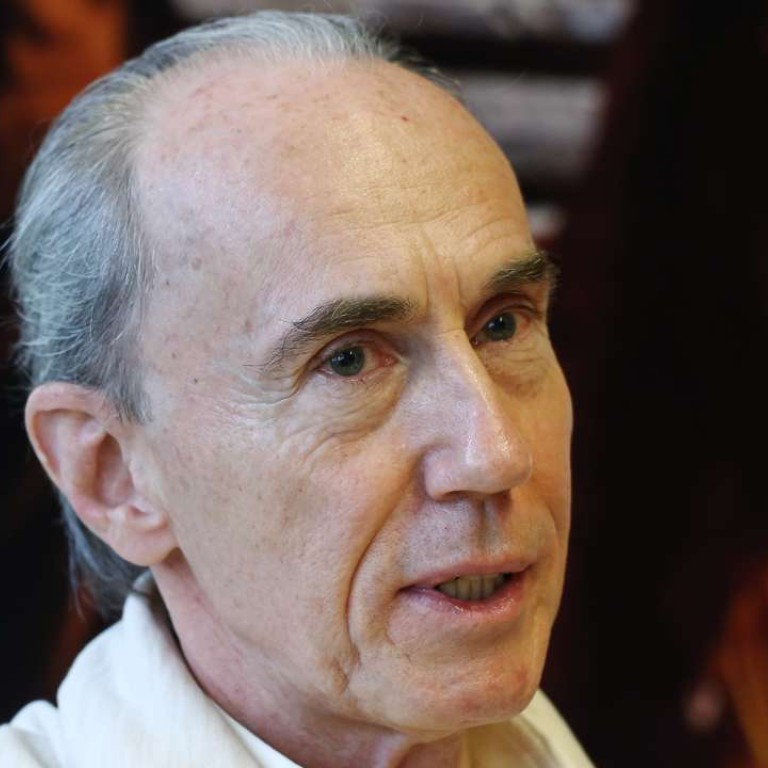
Former Swire chief Keith Kerr targets small young market
Keith Kerr, a former chairman and chief executive at Swire Properties, set up boutique property firm The Development Studio after he retired from Swire in 2009.
During his tenure at Swire, the company developed landmark projects such as Pacific Place, Festival Walk and Taikoo Place.
Kerr’s first project with TDS was 28 Aberdeen St, a residential development in Sheung Wan targeting young urban workers wanting to live independently. Ninety-five per cent of the 40 flats are one-bedroom units with sizes of 407 to 410 sq ft.
Kerr believes his 35 years of experience will help the new firm succeed in a wide range of segments.
What is the difference between working at Swire Properties and running a small developer?
Clearly, Swire is a very large, well-managed business. It is a completely different world moving into a business where the numbers are big, but you are a small player.
You have to bring your experience with you, but you have to learn a completely different set of skills. In a large corporate, there are many people doing very specific roles, whereas here, we pretty much have to do everything, even make coffee.
I had a wonderful corporate life, but when I finished, I didn’t want to renew it somewhere else. I just wanted to do something new and fresh. It’s very enriching. I don’t mean financially, but emotionally.
What is your company’s strategy in a real estate market dominated by big developers?
We don’t aspire to compete with the large established players. Their firepower is much stronger. We have been focusing on smaller projects which perhaps are under the radar of the big players.
We try to do things of quality, and it doesn’t just mean the materials. We really want to create projects where you can use and live in the space. In the core urban area, it’s very busy and noisy. When you are at home, I think everybody wants quiet space.
We are trying to meet a certain demographic: young couples or singles who want to live by themselves and have the means to actually do that, which is not easy.
What kind of projects are you planning to work on?
Fortunately, I have the experience doing retail, office, hotel, residential, more or less everything. We would like to use that experience as a team.
It is about finding projects where the numbers make sense, so we can execute within our financial and human capabilities. Residential is a large, liquid market. In a way it is easier. Commercial is best held for longer-term investment.
We don’t have internal hotel management capability, so it is probably not a high priority for us at this stage. I would imagine we will stay primary with residential and office.
Hong Kong’s home prices have been hitting records in recent months. How do you explain the heated market?
Demand has expanded dramatically. A lot of people would like to have residences. The sort of family unit used to have three people or more, and it has now dropped. Younger people want to live more independently. And it would be perfectly normal for people to want more space. Demand is still largely intrinsic.
With the quantitative easing, all the money that has been printed in the past several years is going to find a home. It has gone into other assets and equity market and so forth, but ultimately a lot of people feel comfort in bricks and mortars. I think that has been and will continue to be a huge driving factor.
You are one of the few Hongkongers to have climbed Mount Everest. Do you plan to do that again?
No. I climbed Mount Everest in 1992, and I was up there again in 1994. I still climb. Last year, I climbed the Dhaulagiri, which is also in the Himalayas. If my young colleagues and wife let me, I will try to go often.
The problem is it will require a long period, and you are away and out of contact, but you have to be responsive to your colleagues and family.

